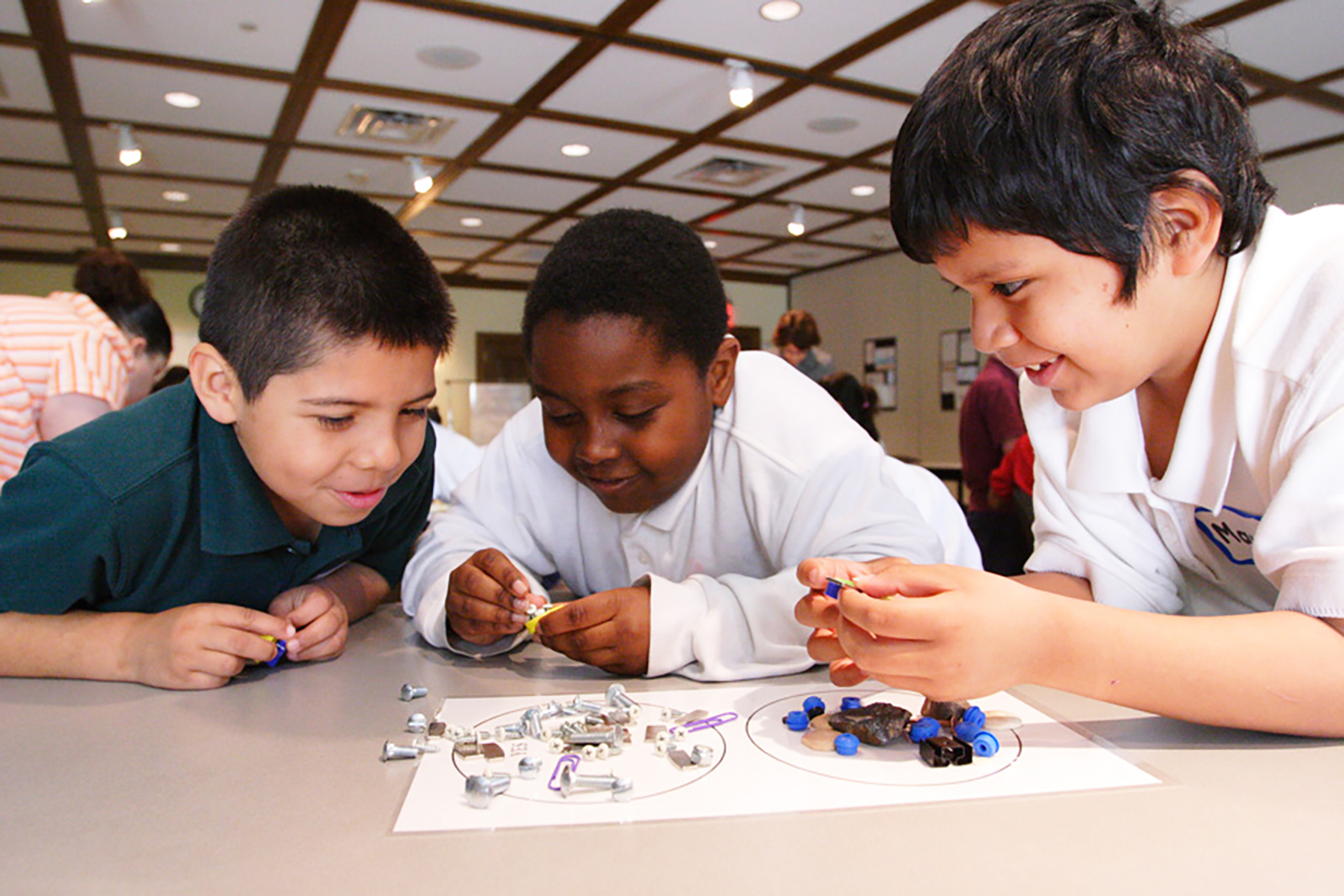Learning about one’s identity may be a traumatic and profound event. When we discover that a trusted person, such as a parent, has withheld critical information, that revelation is all the more upsetting and confusing. This is the basis for the JFest play What We Found.
Written by Molly Olis Krost and directed by San Diego Reps’ Dr. Maria Patrice Amon, What We Found explores the challenging territory of identities hidden. The main characters include a young woman, Maggie (Adira Rosen), and her mixed-race cousins, Daniel (Zack King) and Giselle (Molly Adea). Maggie has just recently lost her dad and has had little contact with her cousins over the intervening years. She had never known that her father was Jewish, and this ignorance ends up being something for which her cousins blame her. Over the course of the play, they also hold her “whiteness” against her and this creates tension and heated dialogue.
The virtual play required a great deal of attention because some of the scenes force the viewer to extrapolate meaning from things unsaid. In general, however, the story flows.
Three very excellent actors play the cousins. Both Daniel and Giselle were raised knowing that they were Jews even though each was raised in a biracial home. Their experience as Jews let them know that they were affiliated, but their life experiences reminded them that they are outsiders.
Maggie arrives on the scene immediately following her father’s funeral. Not knowing that he was Jewish and unaware of the burial customs, Maggie had her father cremated. Oblivious that this was taboo, she had acted pragmatically and made the executive decision. She is greeted by her cousins who are going through myriad boxes in the garage, ostensibly clearing the space for a car, though in truth they are searching for a will or deed to the house.
When the three cousins finally come clean, Maggie can’t comprehend that her cousins would believe that she and her family would rob them of their home, the same home that had belonged to their shared Bubbe and Zaide. While both of her cousins were raised as Jews. Maggie was not. Daniel and Giselle tell Maggie that she was her grandparents’ favorite even though neither she, nor her parents, made any effort to visit them, yet another piece of tinder wood kindling their flame of animosity towards her.
There is a beautiful and poignant discussion of belonging and fitting into a family. Daniel who is half African American says that he is “tired of asking permission to be in this family.” His cousin, the vitriolic Giselle, says that she was “a racially ambiguous teen” revealing that she was always aware that she and her Asian mother were under the scrutiny of shopkeepers and neighbors.
The cousins finally find common ground in one of the boxes they’re tasked to discard. Within the box is a collection of menorahs. Both Giselle and Daniel invite Maggie to choose one. She does. The play closes with the three cousins lighting the chanukiah and with Maggie reading a transliteration of the blessing, as her cousins smile.
Each actor deserves HUGE accolades for this show. The timing of lines is challenging as is the fact that they had to record it in their own spaces. The end result was quite successful.
The Whole Megillah Jewish New Play Festival is a part of the 28th Annual Lipinsky Family San Diego Jewish Arts Festival. Tickets are affordable (“pay-what-you-can” up to an all-inclusive donation of $180) making attendance accessible to everyone for the variety of events that will run through July 25th. Due to COVID-19, the performances will be a mix of live and virtual venues. The offerings run the gamut from readings, full plays, musical performances, and more! The complete sWhat chedule and tickets for the festival may be found at https://www.sdrep.org/jfest or by calling the San Diego Rep box office at 619.544.1000.


























